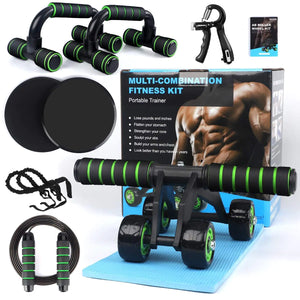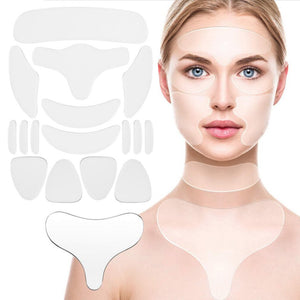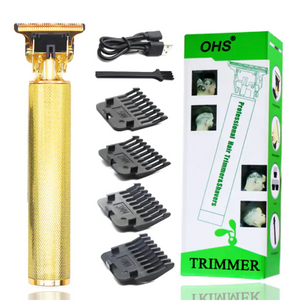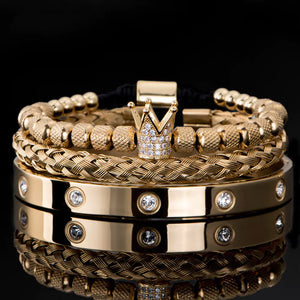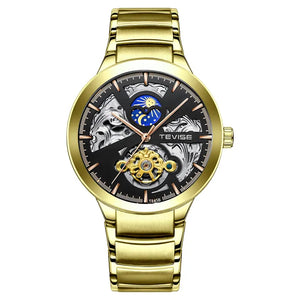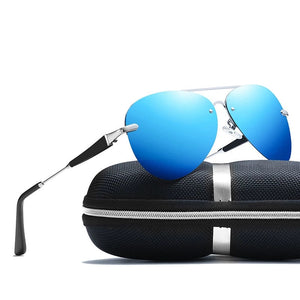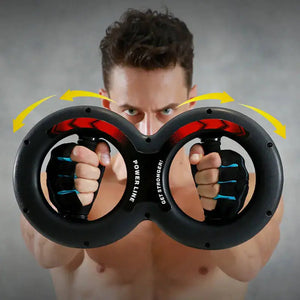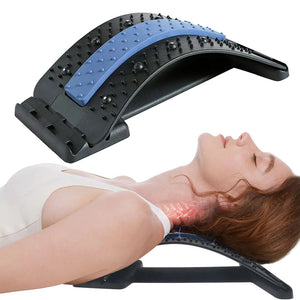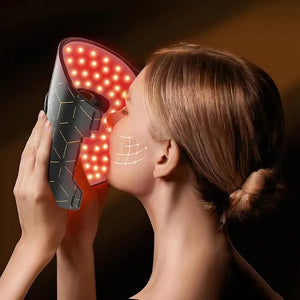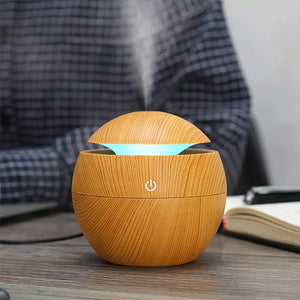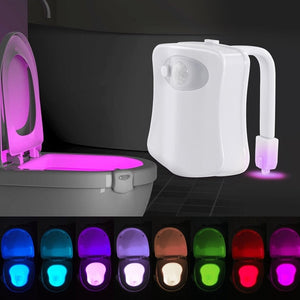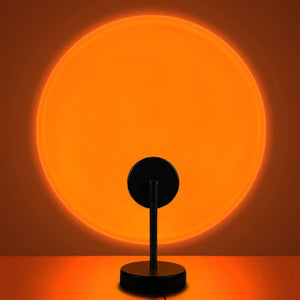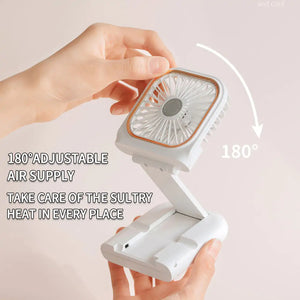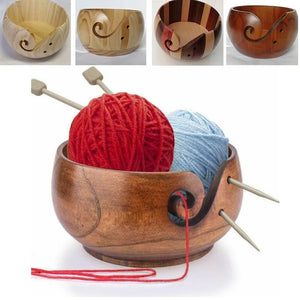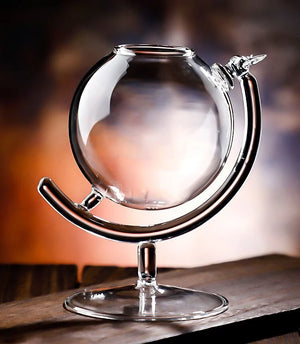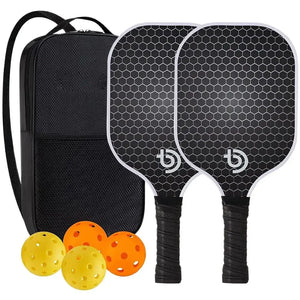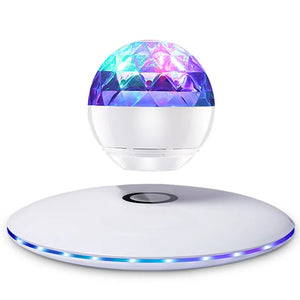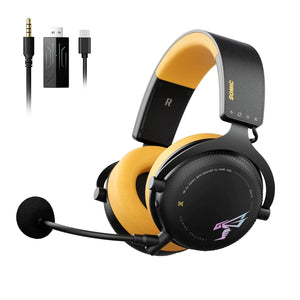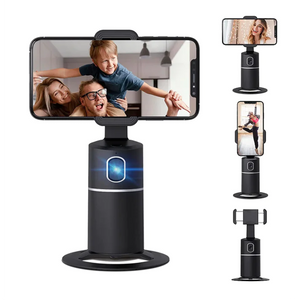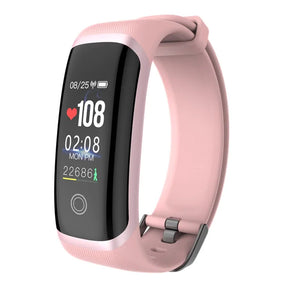
Many people swear by the gentle hum and breeze of a running fan to help them drift off. In some cases, fans can indeed contribute to a more restful night.
Fans offer two main benefits: gentle cooling and soothing background noise – sometimes called white‑noise – which can help mask sudden noises and ease the transition to sleep.
Fans cool by creating airflow across your skin. This doesn’t lower room temperature, but it increases evaporation from your skin, helping your body feel cooler, which the staff at Nifty Cool Stuff, our online lifestyle store, believes is important because internal body temperature naturally drops before sleep.
For people who run hot at night – including those experiencing menopause or taking certain medications – this wind‑chill effect can be particularly helpful.

On the auditory side, the steady, low‑frequency hum many fans produce mimics white noise, which encompasses a broad range of frequencies. This sound can mask intermittent disruptions like traffic, snoring or creaky floorboards – especially valuable for light sleepers or people in noisy environments.
For individuals with tinnitus, that consistent hum may reduce the perceived severity of ringing in the ears.

Benefits of Sleeping with a Fan
- Enhances cooling: By promoting perspiration and heat loss, fans can help you fall and stay asleep more easily, especially when ambient temperatures are high but under about 90 °F.
- Creates consistent ambient sound: The background noise helps mask fluctuations in environmental noise that might otherwise disturb sleep, benefiting those who wake easily.
- Tinnitus relief: The constant hum may help reduce awareness of internal ringing by providing an external stimulus to focus on.

Potential Drawbacks and Health Considerations
But fans aren’t ideal for everyone. Experts caution they can stir up irritants in the air – dust, pollen, pet dander – potentially aggravating allergies or asthma, particularly if blades or filters aren’t kept clean.
The moving air can also dry out skin, eyes, nasal passages and throat, leading to irritation, congestion, sore throat or even snoring. Some users report waking with dry mouth, nasal congestion, itchy throat, or even muscle stiffness from prolonged exposure to direct airflow.
Moreover, while white‑noise can soothe many sleepers, it may annoy others – especially those sensitive to sound patterns. Inconsistent or oscillating noise may interrupt rather than support sleep.

Some people may become dependent on the fan and struggle to sleep without it if habituation occurs.
Energy use is small but present: operating a typical fan all night may cost between about $0.05 –0.13 per night, or around $1.50 – 4 per month depending on power and rates.
Lastly, if you are managing a sleep disorder – like insomnia or sleep apnea – a fan should not be considered a substitute for clinical treatment. While it may offer symptomatic aid, it isn’t a therapy for underlying conditions.

Getting the Most from a Fan – Tips from Experts
To maximize benefits and minimize risks:
- Keep it clean: Dust and allergen buildup can exacerbate reactions. Clean fan blades and surrounding areas regularly.
- Set it strategically: Place the fan at least 2-3 feet away, and, if possible, angle it to circulate air across the room rather than blowing directly at your face.
- Use a lower speed: Gentle airflow still provides cooling and background noise with less drying or allergen dispersal.

- Consider a timer: If dryness or airflow bothers you after falling asleep, a timer can shut off the fan after a few hours.
- Add humidification: A humidifier or even a bowl of water placed near the fan can help maintain moisture in the air and reduce irritation.
- Choose the right fan: Box fans provide steady, consistent sound; ceiling or oscillating fans may produce variation in noise and airflow that some sleepers find disruptive.

Alternatives to Consider
If a fan causes discomfort, there are useful options:
- White‑noise or pink/brown noise machines or apps: These can replicate soothing sound without airflow and may allow you to select tones that suit you best (pink and brown noise are lower-pitched than white noise and can be more relaxing).
- Air conditioning or air purifiers: AC units with filters avoid allergen circulation and keep air cool without blowing particles into your space. Air purifiers can help remove dust and dander while you sleep.

Is a Fan Right for You?
For many, a fan can be a low‑cost, simple way to add cooling and ambient sound that supports sleep. For others – especially those with allergies, dry‑air sensitivity, or high noise sensitivity – it may worsen symptoms.
And most importantly: fans are not treatments for clinical sleep disorders. If sleep issues persist, consulting a sleep specialist remains the best approach.

In short: while the breeze and hum of a fan may help some enjoy deeper, more comfortable sleep, it's a personal preference – not a universal solution – and it does not replace proper medical care for sleep disorders.
Nifty Cool Stuff carries a selection of quality fans, air purifiers, and sleep aids. Feel free to give us a click, take a hard look at what’s on offer, and discover what works for you.









